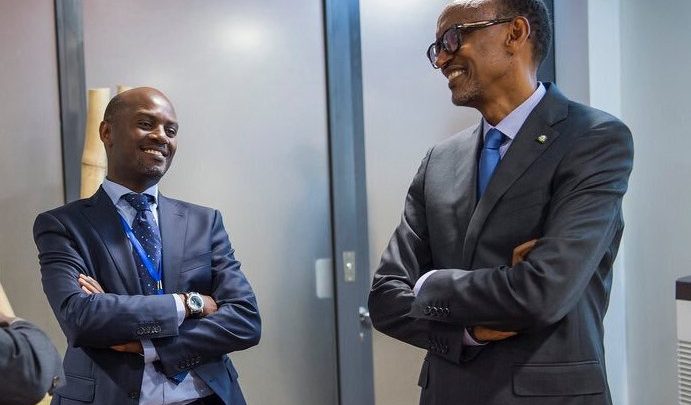In March of this year, renowned journalist Andrew M. Mwenda received an unexpected call from an anonymous number. “By a strange coincidence I did,” Mwenda writes, explaining that the caller connected him with leaders of the M23 rebel group. Intrigued, he met with them at his office on March 11th. The meeting included Lawrence Kanyuka, Desire Rwigyema, and a third unnamed individual.
Mwenda had always perceived M23 as an ethnic militia of the Tutsi from eastern DRC. However, Kanyuka’s revelation surprised him: “Kanyuka told me he is from the Luba ethnic group, just like President Felix Tshisekedi.” This diversity within M23’s leadership, which included non-Tutsis, challenged his preconceptions. The leaders shared their recent history, detailing their peace negotiations with the Congolese government. “They spent 14 months negotiating a peace settlement,” Mwenda recounts. Despite agreeing to demobilize, they were attacked by Congolese forces in November 2022 just as they were preparing to surrender.
The M23 leaders sought Mwenda’s help in contacting Western embassies to revive the peace process. “I saw a chance to bring the two sides to talk, end the fighting in Congo, and bring about peace,” Mwenda writes, driven by his belief that only political accommodation could resolve such conflicts. He reached out to the U.S., French, and EU missions in Kampala. The French embassy declined outright, while the U.S. embassy initially showed interest but later retracted. Mwenda felt the Americans were more interested in intelligence gathering than in fostering peace.
In early May, Mwenda was contacted by Uganda’s Ministry of Foreign Affairs, who relayed concerns from a UN panel of experts. “The panel claimed I was involved with M23 trying to help them talk to ‘several western embassies’ to remove sanctions,” Mwenda writes. Despite providing a detailed explanation, the panel’s report ignored his response, labeling him a liaison between Kigali and Kampala, a role he had last played in 2018.
This experience deepened Mwenda’s disillusionment with international organizations. “When they investigate an issue, it is not to search for the nuanced truths,” he asserts. Instead, they manipulate intelligence to fit their agendas.
The Americans, Mwenda claims, had recorded his conversations and yet misreported his intentions, falsely alleging he sought to lift sanctions on M23. “Why then, did they cook up such lies?” he questions, promising to address this further in his next column.
Mwenda’s encounter with M23 and the subsequent international response highlights the complex interplay of local realities and global politics. His story underscores the need for genuine dialogue and the dangers of biased narratives in conflict resolution.
